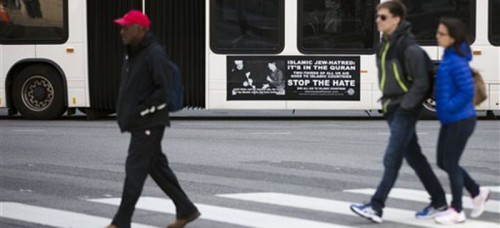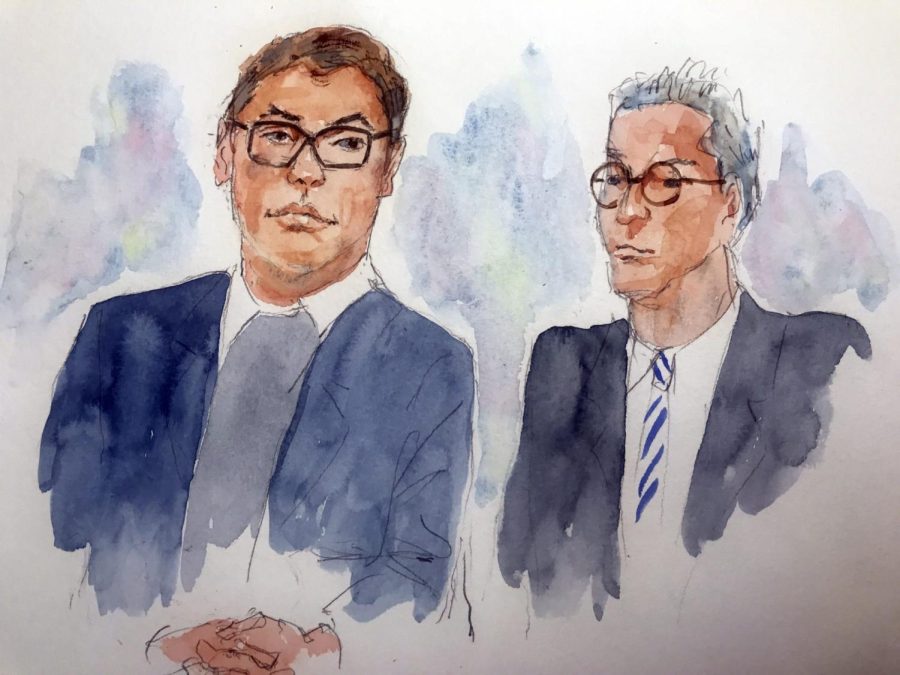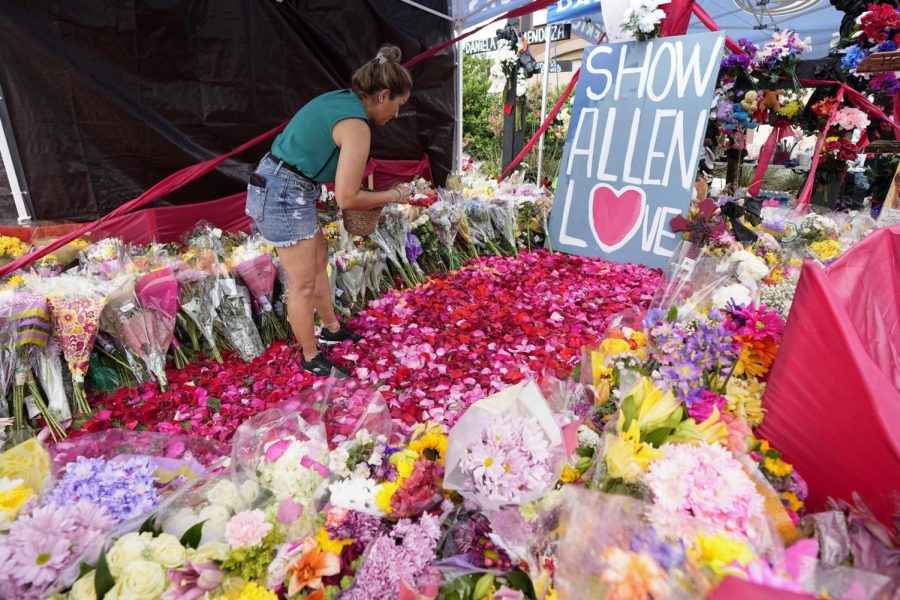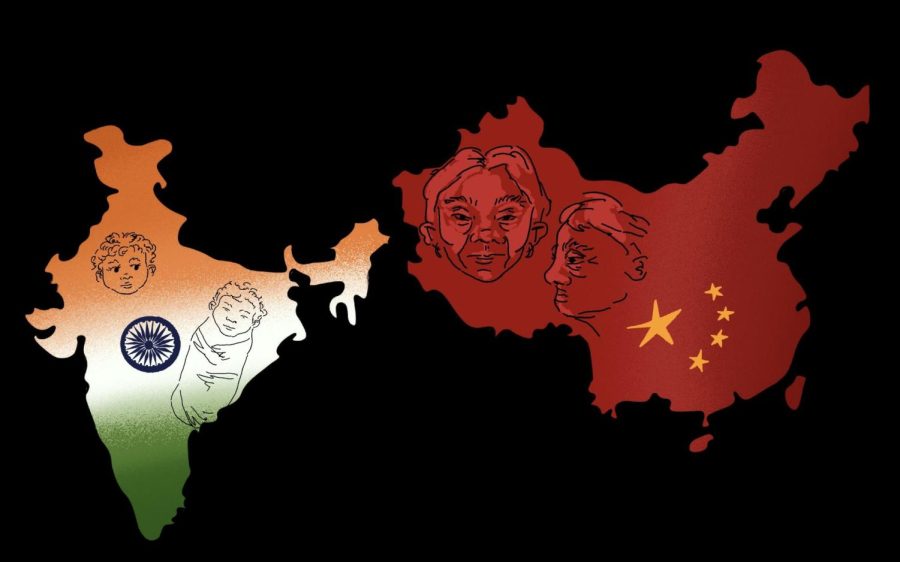
Look around the bus or train the next time you are riding the CTA; you will likely see a scantily clad advertisement for American Apparel, a picture telling you to “drink Bacardi,” or perhaps a promotional banner for our very own school.
However, in a few cities — including San Francisco, Detroit, and most recently, Philadelphia — advertising has, at times, taken on a far more insidious nature, as some municipalities have allowed the placement of anti-Muslim ads on city property and transit.
Most such ads have been sponsored by the American Freedom Defense Initiative (AFDI, a far-right nonprofit group that has been categorized by the Southern Poverty Law Center as a “hate group.” Some more extreme ads have included messages comparing Muslims to Hitler.
The issue, unsurprisingly, has unleashed many waves of furor from Muslim and peace advocates nationwide. Individuals in San Francisco had defaced such ads with Muslim-inclusive messages, while groups ranging from the Human Rights Council to the Jewish Council on Urban Affairs have responded with public outcry or counter-ads. Interestingly enough, however, attempts to outright ban the ads have often failed due to premises of the First Amendment.
“The thing that is difficult is, what is free speech?” Mohammed Aljan, a DePaul student from Kuwait, said. “What qualifies as something that can be banned?”
David Franklin, a DePaul constitutional law professor, described how public speech is treated.
“The Supreme Court has created different categories of public forum, depending on the facts of the case,” Franklin said. “(One) category is called a limited public forum … which is a space that the government actually controls, and allows certain speakers to use under certain circumstances … Such authorities retain the flexibility to impose limitations on that speech, so long as they are reasonable and viewpoint neutral.”
Viewpoint neutral is the important criteria to consider, however. Chicago had, in 2012, endured similar advertising on public property. Interestingly enough, CTA officials tried to refuse the ad offers; however, they were ordered to accept the ads by federal judges citing the First Amendment. Similar legal controversies have occurred in most other cities that ended up running Islamophobic ads.
“(Agencies such as) the CTA … can say to would-be advertisers or organizations that want to use that space, ‘we’re going to accept all of you,’ or they can even make other types of regulations, so long as it doesn’t have to do with the viewpoint of the message,” Franklin said. “What they can’t do is accept an ad that says something along the lines of ‘God Bless our troops in Afghanistan,’ and then reject an ad that says ‘oppose the war in Afghanistan.’ That type of discrimination would be viewpoint-based, and that would be a problem.”
Franklin described how municipalities could refuse ads under a neutral basis of “not allowing political statements whatsoever.” Especially in the era of cash-strapped transit agencies, however, many authorities desire the revenue from all potential sources, and may not think far enough ahead to consider the unpalatable messages of certain ideological ads.
With limited means to limit such ads, however, it remains to be seen how long groups, such as the AFDI, will continue their efforts, and how people will continue to respond to such messages.
“I think licensed (pro-Islamic) demonstrations, lawful discourse, and other types of discussion are a good method to combat Islamophobia,” Aljan said. “What we have to know is that you can’t counter hate with hate.”








Kevin Gross • Apr 13, 2015 at 1:54 pm
Any sharp commentary to contribute for my piece, Arafat?
Richard Keefe • Apr 13, 2015 at 7:59 am
Ironicallly, the Southern Poverty Law Center, which, as a self-proclaimed civil rights group, ought to be the first to defend lawful Freedom of Speech, even when many may find the messages distasteful, as the ACLU has done in the past.
The SPLC doesn’t actually have a firm definition of what a “hate group” is but it does have views on what a “hate group” does:
“Hate group activities can include criminal acts, marches, rallies, speeches, meetings, leafleting or publishing.” http://www.splcenter.org/hate-map
Why in the world would an alleged civil rights group deliberately conflate six of the most fundamental 1st Amendment CIVIL RIGHTS with “criminal acts” and “hate group activities”? Under this “definition,” Dr. King, the Freedom Riders and anyone else associated with the Civil Rights Movement would be guilty of “hate group activities.” Does anyone seriously believe that?
Their “hate group” label is designed specifically to agitate their donor base, who in turn, send the SPLC tens of millions of tax-free donor dollars every year.
http://wp.me/pCLYZ-oE